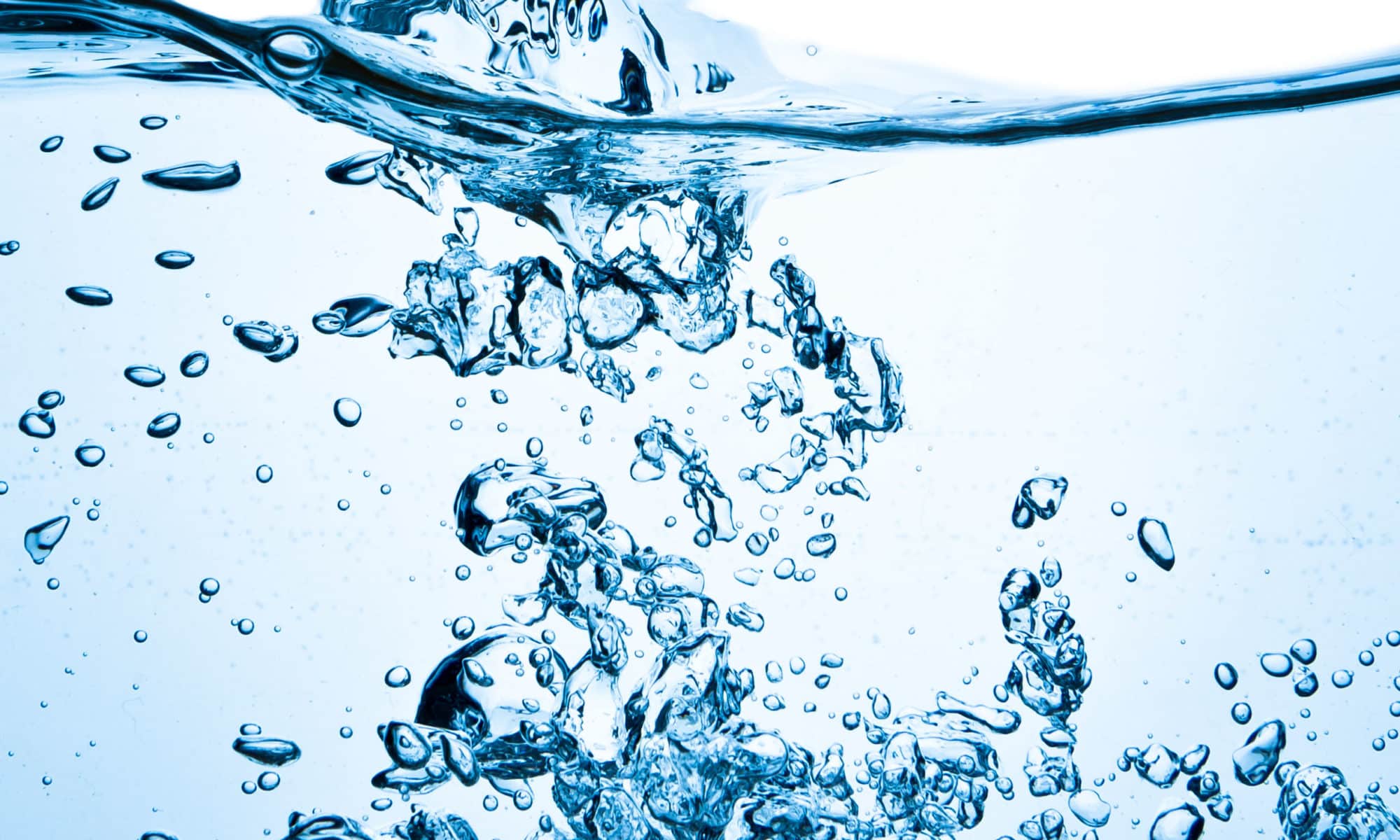You may have heard the term “hard water” and wondered what it is and whether your home has this type of water. Unless you have experienced hard water before, how would you know if you had it? It’s important for homeowners to understand some of the common signs of hard water to be able to identify it, understand the problems associated with it, and learn the best ways to remove it from your water supply.
Hard Water Causes
Hard water comes from minerals that are present in the soil and are absorbed into the water supply on its way to your home. That usually includes some or all of the following:
- Calcium carbonate
- Limestone
- Calcium sulfate
- Magnesium
- Iron
These minerals, while not generally harmful to your health, can cause problems any time you use water in your home.
Noticeable Hard Water Problems
While you can always call a water softener company, or your local water municipal office for a testing kit to determine if you have hard water, most people notice some of the other effects before they take the step of getting it tested. Things you may have noticed at your own home might include:
- Water spots or a white film on your dishes and glassware
- Coarse hair and dry itchy skin
- Mineral deposits that build up on your faucets and appliances (and in your pipes, although you likely only notice this if it gets bad enough to clog the pipe)
- Mineral deposits, known as scaling, on your shower and bathtub doors
- Clothing that looks dull or loses its color quickly
- Poor lathering from your soap or shampoo
Fixing Hard Water
The easiest way to fix hard water in your home (short of moving somewhere that doesn’t have any naturally-occurring minerals in the water) is to purchase a water softener. These systems remove the minerals and exchange them for salt, leaving you with softer skin and hair, shiny spot free dishes, cleaner clothes that hold their color longer, and pipes that are protected from continual scale buildup.
Another advantage of a water softener is the prolonged life for your appliances. Hard water can quickly damage appliances such as your washing machine, dishwasher, and water heater, which means they don’t work as well as you hope and you’ll have to spend money replacing them sooner. When you purchase a water softener, the water that flows through these appliances is free of minerals that could otherwise clog up the system and cause problems.
To get a quote on a new water softener in Utah, or to find out more about what minerals are in your water, call Kinetico of Salt Lake City today.


This is some great information, and I appreciate your point that white film on your dishes can be a sign of hard water. My husband and I just moved into a new area, and I’ve noticed that the dishes have a weird residue on them after being washed. We’ll definitely look into contacting a water softening company to see if we need a softener. Thanks for the great post!